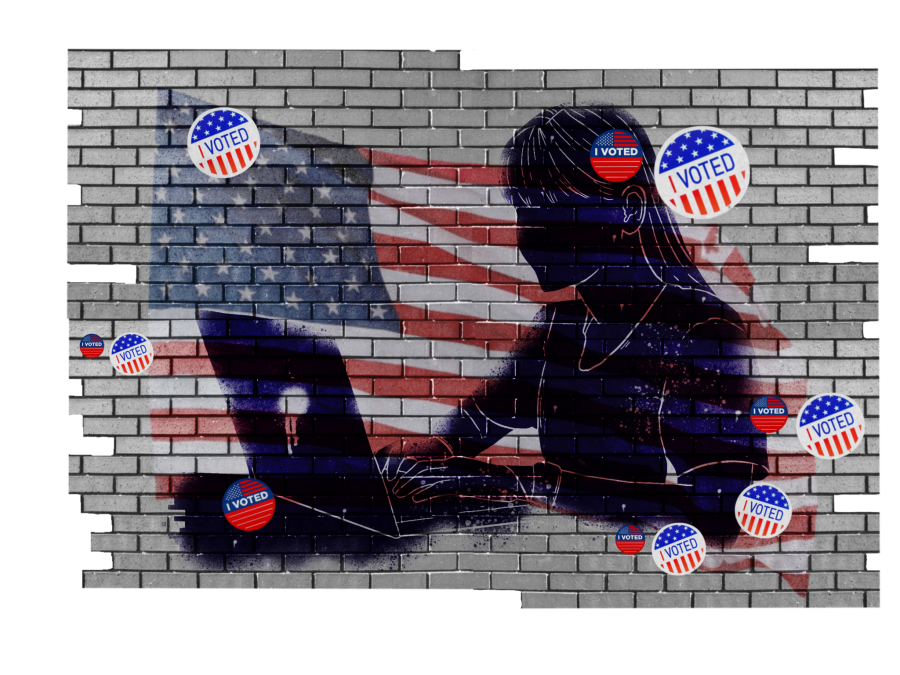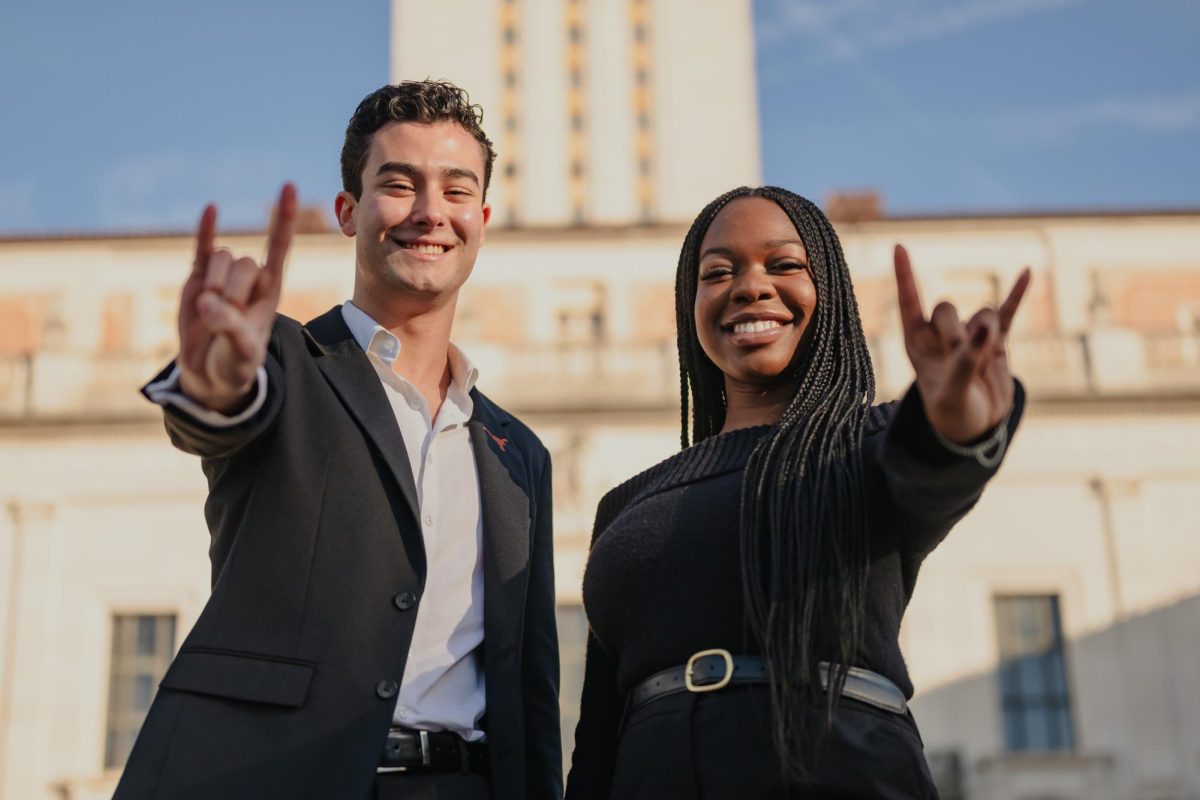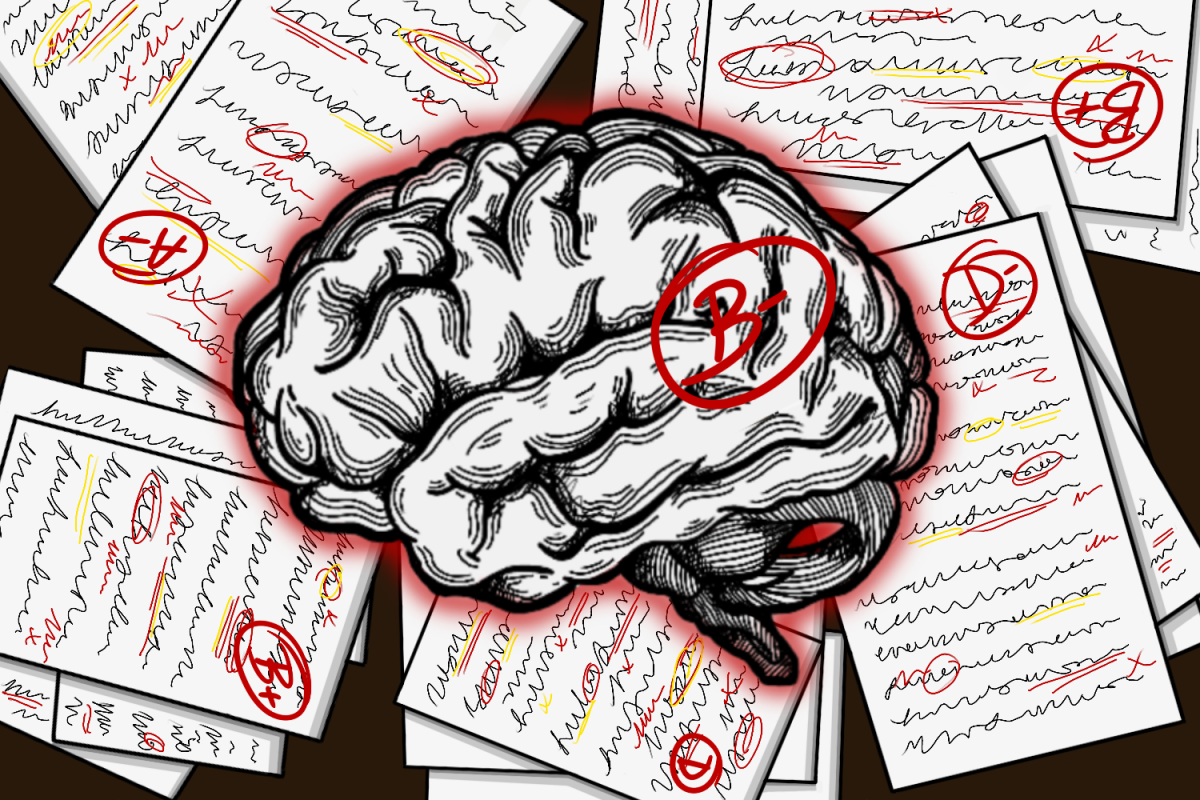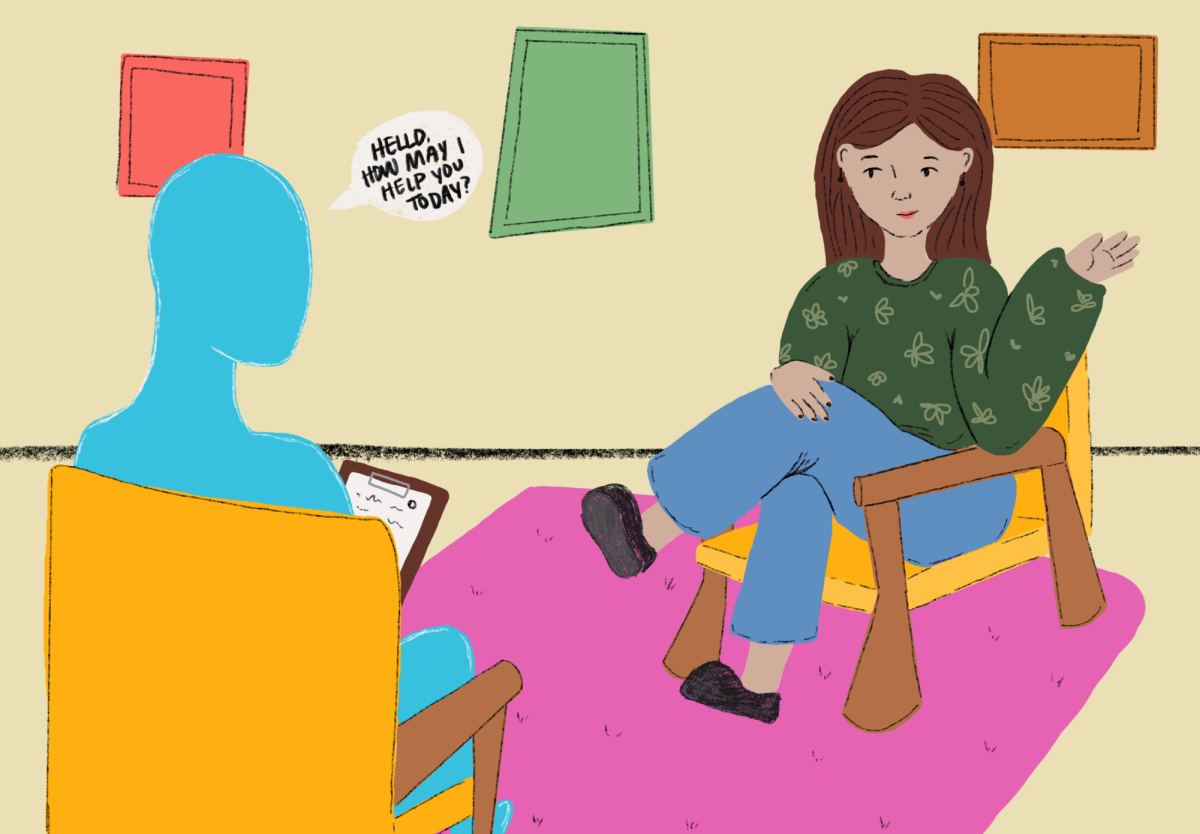COVID-19 continues to upend every aspect of life on the Forty Acres. As the Nov. 3 Election Day approaches, UT must mitigate the pandemic’s potential to disrupt students’ ability to participate in the democratic process.
Students can (and arguably should) vote early. A limited number of us may be eligible to vote by mail. Those of us living, working and attending class far from the home address indicated on our voter registration form have until October 23rd to gain access to an absentee ballot. But for those who have no other option than to vote on campus, election day brings about long lines, missed classes and potential COVID-19 exposure.
Like other world-class universities, UT heralds itself as an epicenter of innovation and civic engagement. UT’s home page banner declares boldly, “What starts here changes the world.” Voting is a tangible way that Longhorns can do just this, which means UT must do everything in its power to make sure all students can get to the polls.
UT should move immediately to make voting day an instructional holiday. Doing so would signal the University’s recognition that voting in the upcoming presidential election is of paramount importance for every eligible voter.
“The U.S. is somewhat unique in holding its elections during working hours on a single weekday,” said Daron Shaw, government professor and voting behavior expert. “Early in-person and mail-in or no-fault absentee options somewhat reduce the implications of that decision, but it is unusual and surely contributes to the U.S. having relatively low turnout rates.”
However, it’s unlikely that all students who intend to vote by mail will successfully request ballots by the October 23 deadline. Not only are students’ notoriously averse to paperwork but each pandemic day brings new unanticipated, competing priorities.
Moreover, given that Texas’ low voter turnout is by design, making Election Day a holiday would offer a necessary correction to the prevailing status quo that undermines voter access.
In recent years, thousands of registered voters have been purged from the polls in Texas. Voter ID laws have been imposed, designating a handgun ID as a valid form of identification but not a college ID. Hundreds of polling locations closed between 2012-2018. There are fewer and fewer early voting sites on college campuses. And in 2017, the ban on straight-ticket voting ensured that voting takes longer, which in turn leads to longer lines.
Anthony Zhang, chemistry and public health senior and former president of TexasVotes, is passionate about encouraging students to anticipate these challenges.
“On Election Day, the lines are extremely long at the polls, and it is way too late to register to vote or get a mail-in ballot because of when those deadlines are situated in Texas,” Zhang said.
On November 3rd, amid work, school and family obligations, students will be scrambling to figure out if they can vote, where they can cast their ballots and when to get there.
A non-instructional Election Day would offer Longhorns more time to figure out the answers to all these questions and wait in inevitably long lines.
UT would not be the first university to go down this path. Columbia University ensures that Election Day is noninstructional. Stanford’s Undergraduate Senate just passed a bill demanding the designation of Election Day as a holiday. Students at UC Berkeley are demanding the same.
To be a changemaker is to engage in the fundamental practice of democracy: voting. Expanding access to voting is intrinsic to UT’s mission. As such, the University should take the lead in becoming the first major public university to make Election Day noninstructional.
Strelitz-Block is a Plan II sophomore from Austin, Texas.





















